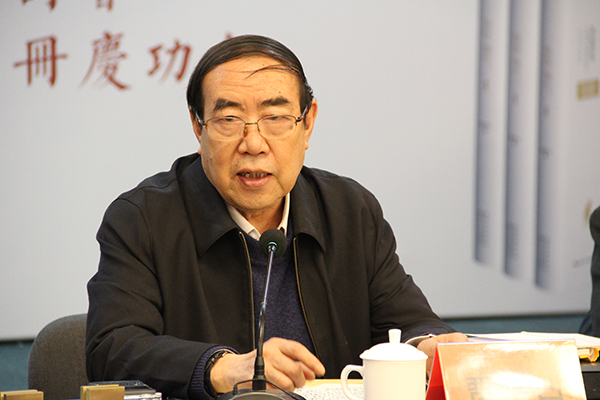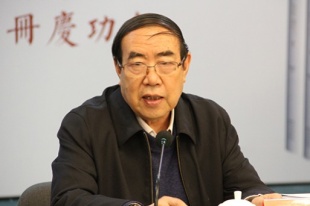Making the old new


"At that time, people thought essays should be lyrical like those in the 1950s. It's either about painful memories or about nature, hometowns, parents and classmates. So, essay-writing became increasingly narrow in terms of themes and ideas," Jia says.
"But after reading Zhang Zai's (1020-77) works, I realized that great essays are not necessarily lyrical.
"Essays can talk about conscience, politics, wisdom and the mind."
He agrees with Zhang's words that essay writing is "to ordain conscience for heaven and Earth. To secure life and fortune for the people. To continue lost teachings for past sages. To establish peace for all future generations".
However, since the 1990s, essays have become less popular among Chinese readers, who have come to prefer novels.
"So, the sales really surprise me. I never imagined that young readers would like my old essays," Jia tells scholars, writers and critics at a recent launch ceremony of the souvenir edition of Zizai Duxing.
"But one possible explanation is that my works are short so they suit young readers' preferences. Another reason might be the everlasting themes of youth-dreams, love and struggles," Jia adds.
For Zhang Qinghua, a professor at the School of Chinese Language and Literature of Beijing Normal University, the popularity of the collection represents a new direction in the development of "new literature" in China that was born in 1918, when writers such as Lu Xun, Hu Shi and Chen Duxiu sought to write in different styles than the traditional literati.
"New literature" marks the start of modern Chinese literature. Themes and language are influenced by Western literature.
"Contemporary Chinese writers are changing their identities not only as modern writers but also while going back to the traditions of the ancient literati," Zhang Qinghua says.





































